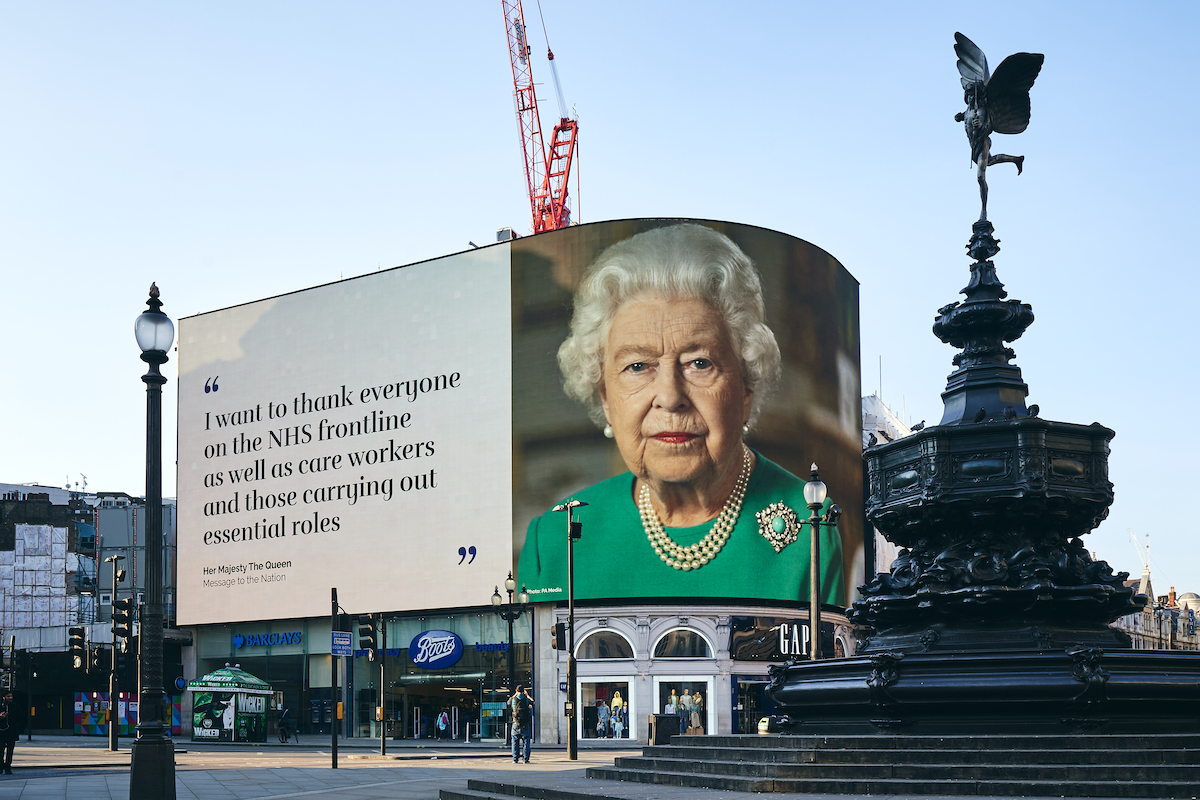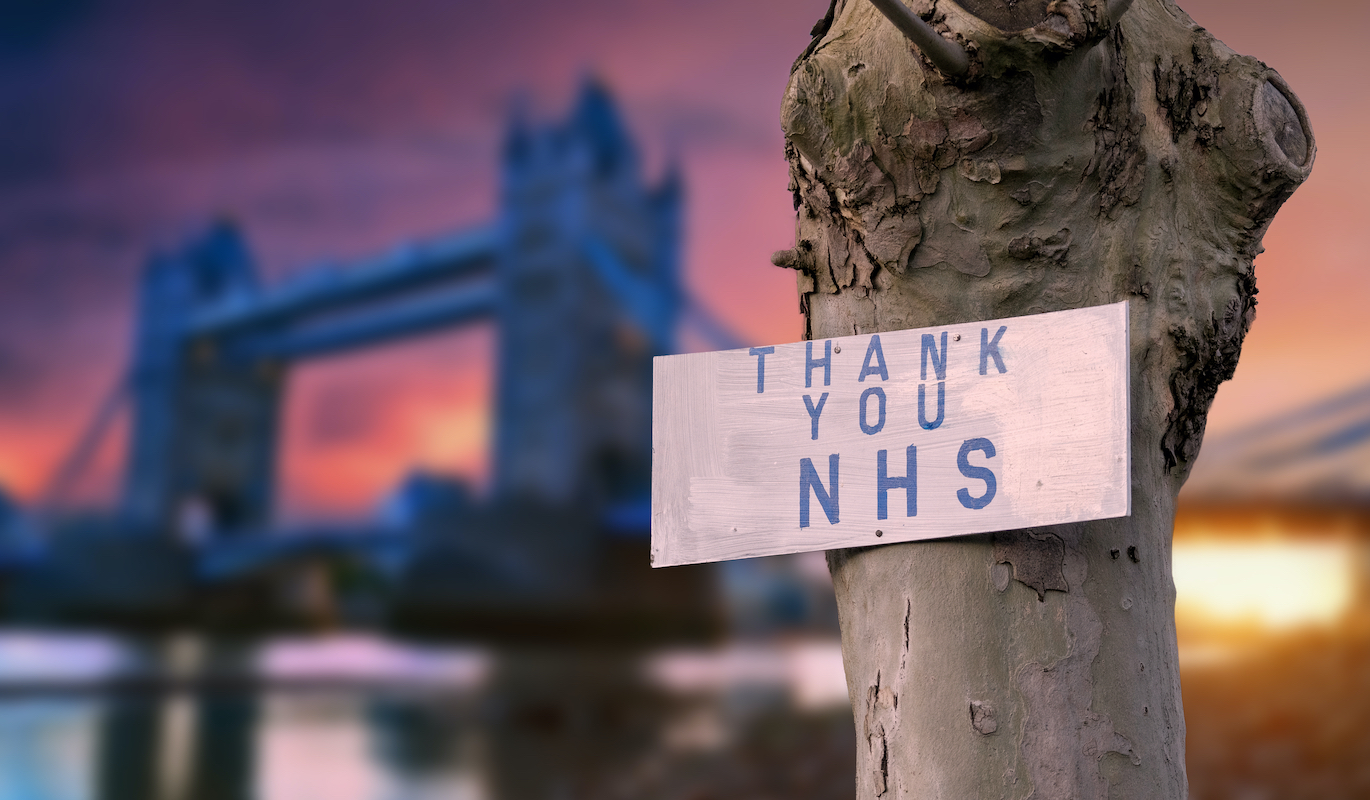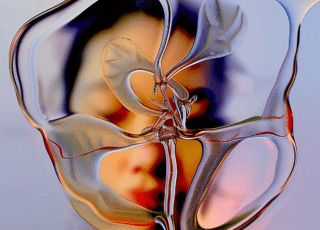This website uses cookies so that we can provide you with the best user experience possible. Cookie information is stored in your browser and performs functions such as recognising you when you return to our website and helping our team to understand which sections of the website you find most interesting and useful.
Our heroes: National Health Service receives the UK’s highest civilian award
By Tempus | 20 August 2021 | Culture
Recognising the “courage, compassion and dedication” of its staff, Tempus joins the nation in thanking NHS personnel for 70 years of service

In March 2020, as the UK followed Europe into a cascade of national lockdowns, it was the keyworkers within the country’s National Health Service that established a frontline against the trials of the Covid-19 pandemic. From nurses and doctors to specialists and government advisors, there was not a medical practitioner in the country that remained exempt from the true burden of the coronavirus.
If our collective admiration for our health services wasn’t already at the forefront of conversation, it soon would be, as almost 5,000 former personnel – including retired doctors and nurses – rejoined surgeries and hospitals to help fill the needs caused by the pandemic. From the exuberant “Clap For Our Carers” chorus on a Thursday night, to public marches demanding fair pay for nurses, public feeling was unwavering.
And so, it is only fitting that the National Health Service should receive the George Cross – the highest possible civilian honour – to mark its 73rd anniversary this July.

In a personal, handwritten message, The Queen praised the NHS on behalf of the UK, recognising the “courage, compassion and dedication” of its personnel.
“It is with great pleasure, on behalf of a grateful nation, that I award the George Cross to the National Health Services of the United Kingdom,” wrote the monarch.
“Over more than seven decades, and especially in recent times, you have supported the people of our country with courage, compassion and dedication, demonstrating the highest standards of public service.
“You have our enduring thanks and heartfelt appreciation.”

The George Cross was instituted by King George VI in 1940, during the Second World War, and is granted in recognition of “acts of the greatest heroism or of the most courage in circumstances of extreme danger.” Interestingly, the NHS is only the third organisation to be awarded the honour, joining Malta and the Royal Ulster Constabulary.
The NHS was founded on 5 July 1948 by health secretary Aneurin Bevan, and was based on the principles that healthcare should meet the needs of everyone, be free at the point of delivery, and based on clinical need. The service’s many achievements include introducing CT Scans in 1972 and MRI scans in the 1980s; the world’s first IVF baby was born through treatment via the NHS in 1978; the first successful bone marrow transplant on a child took place in 1979; and, in 1987, the world’s first liver, heart and lung transplant was carried out at Papworth Hospital.
The organisation’s 73rd anniversary was marked by a service of thanksgiving at St Paul’s Cathedral, followed by the NHS Big Tea in the gardens of Buckingham Palace, where staff ranging from respiratory ward nurses, counsellors and care workers to catering managers and housekeeping coordinators met representatives from the royal family, paying humble tribute to their invaluable service.







